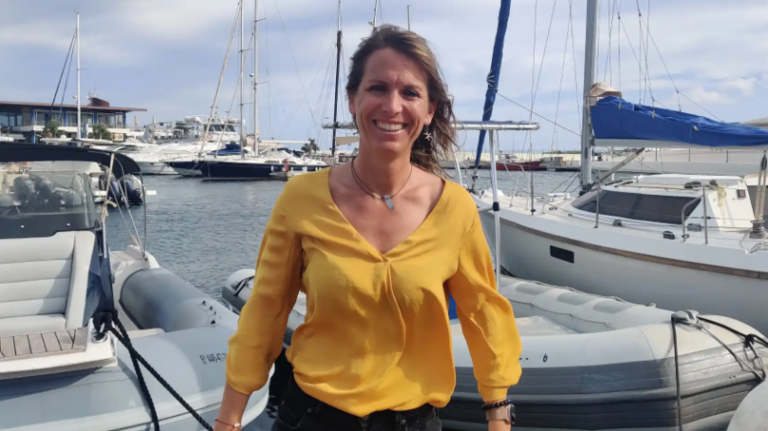The president of the Confederation of Business Associations of the Balearic Islands (CAEB), Carmen Planas, set off alarm bells this Wednesday at FITUR 2025, where she warned that the Balearic Islands will not reach the 2.3% economic growth forecast by the Spanish Confederation of Business Organizations (CEOE) for Spain this year. As he explained, the region has closed 2024 with a clear economic slowdown, conditioned by structural problems and challenges that the business fabric has not yet managed to overcome. Planas participated in the presentation of the Balearic Government’s tourism strategy at the Archipelago’s stand and spoke to the media to detail the challenges that will mark the region’s economic future. Among the main obstacles, he mentioned the increase in labor costs, wage increases, legal uncertainty and the lack of labor, factors which, he said, will continue to significantly affect the competitiveness of companies, especially the smaller ones.
“Low productivity is still our main handicap.”
The president of CAEB has highlighted that, although business confidence indicators have shown a remarkable boost, many smaller companies have not recovered the levels of activity recorded in 2019, before the pandemic. “Low productivity continues to be our main handicap,” he has stressed, insisting on the need to adopt measures to overcome these barriers and promote long-term sustainable growth. Planas has pointed out that, despite the fact that the labor market has reached historical volumes of affiliation, the uncertainty generated by the constant regulatory changes and the increase in taxes have placed an additional burden on companies, hindering investment and job creation. “From CAEB, we will continue to support the search for consensus at the tables of social dialogue to ensure stability and generate investor confidence,” he said.
Commitment to sustainability and diversification
During his speech, Planas highlighted the pillars that make the Balearic Islands a leading tourist destination, such as the quality of its facilities and services, air transport and security. However, he warned that these achievements, although significant, are not enough for the Archipelago to regain its position among the most prosperous regions of the European Union. “We believe that the time has come to diversify our assets, betting on cultural resources, technological preparation, maritime and land transport, environmental sustainability and, especially, human capital and the labor market,” he said. In this sense, he insisted on the importance of promoting innovation and talent as drivers of a more sophisticated and balanced economic growth.
The Tourism Development Index and the future of the sector
Planas has advanced that tomorrow he will participate in the double presentation of the Tourism Development Index (IDT), organized by the Impulsa Foundation. This event will take place at the stand of the Archipelago to present the specific data of the Balearic Islands, as well as in the space of Turespaña, where the national figures will be analyzed. As explained by CAEB’s president, the IDT will serve as a key tool to address the challenge of reconciling the impact of tourism on economic growth with the well-being of residents. “The time has come to take advantage of the wide range of assets, capacities and resources that tourism has generated over time to build a more sustainable and resilient system that works in favor of the progress of our society,” she stressed. Planas concluded by stressing the importance of collaboration between the public and private sectors to successfully face the challenges of 2025. “Only by joining forces, talent and management can we guarantee the future of the Balearic Islands as a benchmark in sustainable tourism and quality of life,” he said.













